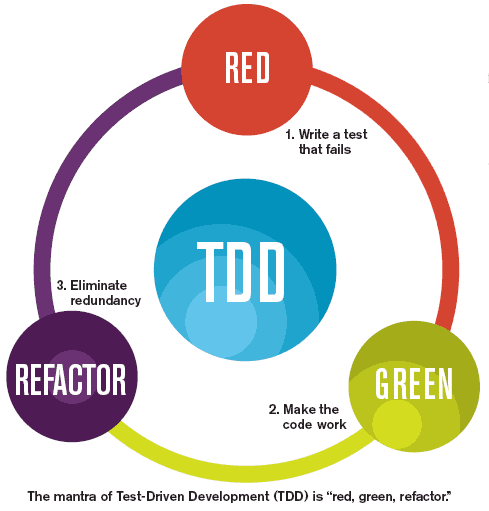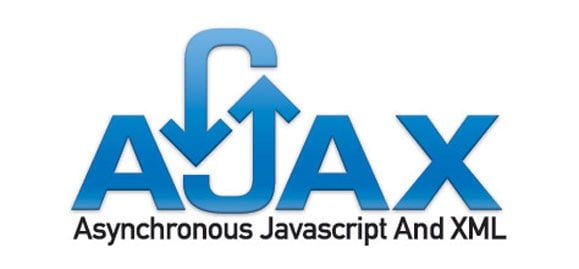Why choose Magento over WordPress for your Ecommerce Site
The war between Magento and WordPress has been in existence ever since these CMS platforms made their way into ecommerce. While WordPress supports MySQL and PHP language, Magento utilizes MySQL, PHP as well as Zend Framework. Magento also uses, model-view-controller and entity-attributes-value model to store in database.
While WordPress is a favorite for blogging platforms, Magento has carved out a name for itself as the better CMS platform for ecommerce sites. It is an open source cross-platform. Both the platforms are highly SEO friendly and has huge user base.
Magento provides powerful features as well as control of marketers to manage their respective online stores. Magento provides its users with a huge range of shopping cart plugins and payment options. The Magento Admin panel is flooded with various forms of ecommerce plugins like shipping option, price management, inventory, payment integration and the likes. It is also a trusted site for secure payment integration. The easy customization and simple management makes Magento a preferred site for people who want to build ecommerce sites.









